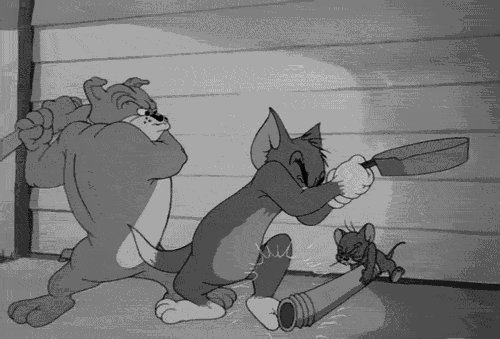Spoilers and Time
I remember a 1971 National Lampoon article that gave away the endings of a hundred books and movies. Wikipedia and others think that article might have been the first use of the term “spoiler.” But “SPOILER ALERT” has only become a common signpost because of what the Internet has done to time, and in particular, to simultaneity.
In the old days of one-to-many, broadcast media, the events that shaped culture happened once and usually happened on schedule. So, it would make sense to bring up what was on the news broadcast last night, or to chuckle over that hilarious scene in this week’s Beverly Hillbillies. Now we watch on our own schedules, having common moments mainly around sports events and breaking news — games or tragedies. Perhaps this has contributed to our culture’s addiction to extremes.
We need SPOILER ALERT signposts because we watch when we want but the Net is so huge and unconstrained and cheap that it operates like a push medium — the opposite of why traditional broadcast was a push medium. Trying to avoid finding out what happened on Game of Thrones this week is like trying to avoid getting run over when crossing a highway, except that even seeing the approaching cars counts as getting run over.
This change in temporality shows up in the phrase “real time.” We only distinguish one type of time as “real” because it is no longer the default. The default is asynchronous because that’s how most of our communications occur online. Real time increasingly feels like a deprivation. It requires you to drop what you’re doing to participate or you’re going to lose out. And that feels sub-optimal, or even unfair.
Without the requirement of simultaneity, we are more free to follow our interests. And that turns out to fragment our culture. Or liberate it. Or enrich it. Or all of the above.
Categories: culture, philosophy dw










